The Reef: Book Five & Final Thoughts
“The girl has been magnificent, and the only worthy return that Anna could make was to take Darrow from her without a question if she took him at all. “
We made it to the end of The Reef!
I love how skillfully Wharton constructs her novels. She truly is a master at creating complex, rich narratives filled with layers of symbolism and biting social commentary. There is always so much we can unpack and explore when reading a Wharton novel, and The Reef is no exception. But I will pause my fangirling over Wharton and jump into this long-overdue final discussion.
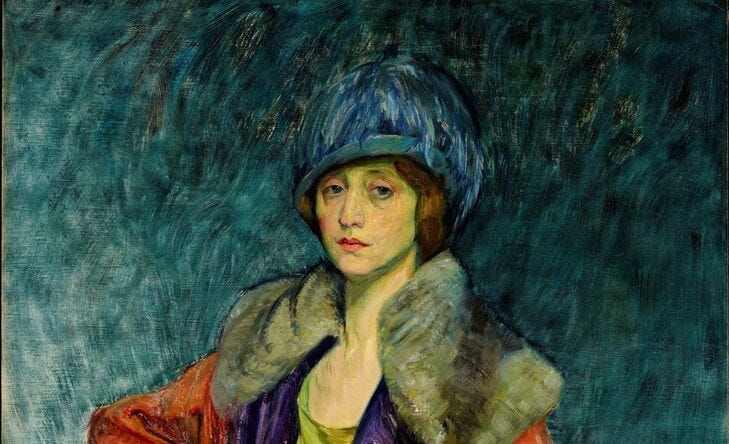
Summary:
It is three days after the events of Book Four, and Anna sits in Miss Painter’s drawing room on the Rue de Matignon, reflecting on the past few days, including her flight from Givré, her surprise arrival at Miss Painter’s, Owen’s trip to Paris, but most importantly, Darrow’s departure from Givré.
He was gone; he would not come back; and her life had ended just as she had dreamed it was beginning. She had no doubt, at first, as to the absolute inevitability of this conclusion. The man who had driven away from her house in the autumn dawn was not the man she had loved; he was a stranger with whom she had not a single thought in common. It was terrible, indeed, that he wore the face and spoke in the voice of her friend, and that, as long as he was under one roof with her, the mere way in which he moved and looked could bridge at a stroke the gulf between them.
She had believed it would be possible to separate the image of the man she had thought him from that of the man he was. She had even foreseen the hour when she might raise a mournful shrine to the memory of the Darrow she had loved, without fear that his double’s shadow would desecrate it. But now she had begun to understand that the two men were really one. The Darrow she worshipped was inseparable from the Darrow she abhorred; and the inevitable conclusion was that both must go, and she be left in the desert of a sorrow without memories...
Her hope for a happy marriage with Darrow was shattered when his affair with Sophy was exposed. Once so sure in her love and her understanding of the world, Anna is now left questioning it all. How could the man she loves also be capable of having a passionate affair with a young woman? Even worse, how could he do this while also claiming to want to marry her?
…she felt a desperate longing for the days which had seemed so dull and narrow, but in which she had walked with her head high and her eyes unguarded.
To add to Anna’s worries, Owen suddenly runs off to Paris, presumably in pursuit of Sophy Viner and maybe even to track down Darrow for an explanation of what occurred with his former fiancée. But she didn’t come just for Owen, she too is hoping to find Sophy Viner. Anna attempts to manipulate her friend into helping her find Owen without letting on that anything is wrong with either the young couple or between her and Darrow. Finding Owen might indirectly help Anna find out what happened to Sophy.
While Miss Painter is out with friends and Anna waits for her news about Owen’s whereabouts, Anna struggles with her circumstances and how life has disappointed her. But she’s an eternal optimist and is determined not to let this “hideous accident” turn her against love.
There was such love as she had dreamed, and she meant to go on believing in it, and cherishing the thought that she was worthy of it. What had happened to her was grotesque and mean and miserable; but she herself was none of these things, and never, never would she make of herself the mock that fate had made of her...
When Miss Painter returns, she has Miss Viner in tow (prepare for another awkward confrontation). Sophy knows where Owen is. She hasn’t seen him, but he’s written to her. He knows that Anna is keeping a secret from him. Sophy wants Anna’s permission to tell Owen the truth so she can finally say goodbye to him. Sophy believes this will also help Anna and Darrow, so the truth can be known by all involved. Anna bristles at the mention of Darrow’s name, which surprises Sophy, who exclaims: “Don’t you see that I went away so that he shouldn’t have to lose you?”
Sophy is disappointed that Anna could give him up so easily. How can she claim to love him? Sophy pushes Anna to understand why she did what she did:
I’m not ashamed of having loved him; no; and I’m not ashamed of telling you so. It’s that that justifies me—and him too.... Oh, let me tell you how it happened! He was sorry for me: he saw I cared. I knew that was all he ever felt. I could see he was thinking of some one else. I knew it was only for a week.... He never said a word to mislead me.... I wanted to be happy just once—and I didn’t dream of the harm I might be doing him!
Anna is overwhelmed by Sophy’s passion. “She was conscious of being in the presence of an even stronger passion than she had ever felt,” Sophy admits that letting Owen fall in love with her was a mistake, but it doesn’t matter now—what’s done is done. She begs Anna to return to Givré and fix things with Darrow. Anna takes her advice and starts to plan her return, hopefully before Owen has the chance to find out she followed him to Paris.
As she prepares to return home, Anna receives an unexpected phone call from Darrow begging her to let him see her. She reluctantly agrees. A short while later, Darrow is back on her doorstep, but this time their meeting is strained and far less romantic than when he arrived at Givré.
She was suddenly overwhelmed by the futility of every attempt to reconstruct her ruined world. No, it was useless; and since it was useless, every moment with Darrow was pure pain...
Anna knows there is no going back to the way things were before she learned of his affair. And yet she holds onto the tiny spark of hope that Darrow kindles inside her with his pleas.
…when you’ve lived a little longer you’ll see what complex blunderers we all are: how we’re struck blind sometimes, and mad sometimes—and then, when our sight and our senses come back, how we have to set to work, and build up, little by little, bit by bit, the precious things we’d smashed to atoms without knowing it. Life’s just a perpetual piecing together of broken bits.
You say you’ll never understand: but why shouldn’t you? Is it anything to be proud of, to know so little of the strings that pull us? If you knew a little more, I could tell you how such things happen without offending you; and perhaps you’d listen without condemning me.
Owen doesn’t return to Givré with her but remains in Paris for a few more days. This means Anna and Darrow will have Givré (mostly) to themselves.
She felt restless, insecure out of his sight: she had a sense of incompleteness, of passionate dependence, that was somehow at variance with her own conception of her character.
Anna returns home to Givré the next morning by train, with Darrow following in the afternoon. Anna asked to go back to Givré alone to have some time to think. Darrow respects her wishes. Having this time alone, she comes to realize that she both trusts and respects Miss Viner.
It was humiliating to her pride to recognize kindred impulses in a character which she would have liked to feel completely alien to her. But what indeed was the girl really like? She seemed to have no scruples and a thousand delicacies. She had given herself to Darrow, and concealed the episode from Owen Leath, with no more apparent sense of debasement than the vulgarest of adventuresses; yet she had instantly obeyed the voice of her heart when it bade her part from the one and serve the other.
Anna tries to imagine what life must have been like for Sophy in her youth. What did she experience growing up in a world so different from her own? Her thoughts eventually turn to her former husband, Fraser, and she realizes she’s never thought about what his past might have been like or what he was doing when he was alone in Paris. Did he also have affairs? Did he have his own Sophy? Finally, she questions why she ever begged Darrow to tell her the truth.
Why had she forced the truth out of Darrow? If only she had held her tongue nothing need ever have been known. Sophy Viner would have broken her engagement, Owen would have been sent around the world, and her own dream would have been unshattered. But she had probed, insisted, cross-examined, not rested till she had dragged the secret to the light.
Sometimes, the truth hurts too much. If she had left well enough alone, she might be on her way to South America as Darrow’s wife. But how much more would it have hurt her to learn about Darrow’s affair after they were married?
Anna struggles with her emotions while Darrow is at Givré. At first, Anna finds Darrow’s presence comforting. “Now Darrow was once more under the same roof with her, and once more his nearness sufficed to make the looming horror drop away.” But she also seems hesitant to be alone with him. She’s still deeply in love with him, or at least the version of him from before Sophy Viner came into their lives. But she’s trying to reconcile this version with the one she knows now—the Darrow who has secret passions and always knows just what to say to smooth things over to his advantage.
Anna cannot completely ignore her doubts and concerns about Darrow. How many women have there been? How many Sophys are out there? How can Anna reconcile this version of Darrow with the one she fell in love with? Her doubts become a cancer slowly killing their love affair. She’s no longer a woman in love living la vie en rose. Instead, she’s constantly comparing herself with Sophy.
She worries about how this relationship will stand the test of time.
And when she ceased to please him, what then? Had he the tradition of faith to the spoken vow, or the deeper piety of the unspoken dedication? What was his theory, what his inner conviction in such matters? But what did she care for his convictions or his theories? No doubt he loved her now, and believed he would always go on loving her, and was persuaded that, if he ceased to, his loyalty would be proof against the change. What she wanted to know was not what he thought about it in advance, but what would impel or restrain him at the crucial hour. She put no faith in her own arts: she was too sure of having none! And if some beneficent enchanter had bestowed them on her, she knew now that she would have rejected the gift.
But she struggles to tell Darrow she can’t marry him. Her words fail her, and it seems there’s never a good moment to confess her secret thoughts. When Darrow is called away, he confronts her, asking for her final decision about their marriage. Instead of telling him she can’t, she asks if affairs like the one he had with Sophy are common among men. Darrow tries to deflect, saying such a thing has never happened to him before (then what was he up to at Mrs. Murrett’s?)
Anna walks Darrow to his room, and it seems like this might be the end for his ill-fated pair, but Anna is overcome with emotion and begins to cry. Darrow takes her into his room to comfort her. Anna quickly realizes this is the first time she’s been alone with him in his private rooms. She realizes this intimacy, “…this is what Sophy Viner knew.” She knew his personal space more intimately as his lover than she does as his fiancée. Realizing she’s alone in his rooms and Darrow isn’t trying to steal a foolish, passionate moment with her like he might have with Sophy, she feels humiliated. Why does Sophy stir his passions when she can’t?
For once before they parted—since part they must—she longed to be to him all that Sophy Viner had been; but she remained rooted to the floor, unable to find a word or imagine a gesture that should express her meaning. Exasperated by her helplessness, she thought: “Don’t I feel things as other women do?”
Eventually, Anna and Darrow embrace, and she’s once again filled with “girlish” love before we fade to black.
The next morning (and we can all imagine what happened in between), the two travel together by train to Paris. After their evening of presumed passion, there’s a new awkwardness between Anna and Darrow. She fears losing him but also wants to keep her distance. And yet, ”...she felt herself his in every fibre, his so completely and inseparably that she saw the vanity of imagining any other fate for herself.”
Before leaving Givré, Anna receives a letter from Owen informing her that he will be traveling to Spain with friends. She visits her stepson at his hotel and finds him a shell of his former self. It’s clear from their meeting that their previously easy relationship is now strained. They still care for each other, but their almost sibling-like camaraderie is gone. Owen is heartbroken, and Anna is keeping too many secrets.
Meanwhile, being in Paris with Darrow brings his affair to the forefront. Everywhere they go, it seems Anna is walking in Sophy’s footsteps.
It was hateful to her to think of accompanying Darrow to places where the girl had been with him. She tried to reason away this scruple, she even reminded herself with a bitter irony that whenever she was in Darrow’s arms she was where the girl had been before her—but she could not shake off her superstitious dread of being with him in any of the scenes of the Parisian episode.
Anna might love him, but she’ll never be able to forgive him for his affair with Sophy. Darrow soon realizes that he fills her with aversion.
“I know you’ve felt as I’ve felt,” he said in a low voice—“that we belong to each other and that nothing can alter that. But other thoughts come, and you can’t banish them. Whenever you see me you remember ... you associate me with things you abhor.... You’ve been generous—immeasurably. You’ve given me all the chances a woman could; but if it’s only made you suffer, what’s the use?”
Despite all the reasons to do so, Anna still can’t let Darrow go. By morning, Sophy is the “only one who can give her back her lost serenity.” Anna is determined to find her and tell her she’s given Darrow up. “…that step once taken there would be no retracing it, and she would perforce have to go forward alone.”
Anna is informed that Sophy is staying with her sister, and she heads out to the Hotel Chicago to find her. She arrives only to find that Miss Viner left the day before, and she’s missed her chance to speak with her. Instead, Anna meets Sophy’s sister, Mrs. Birch. What Anna finds is a world so different from her own or Sophy’s. Mrs. Birch welcomes her in her bedroom, where she is lounging in bed with her dogs. She’s a singer who leads a very bohemian life filled with sexual promiscuity. Of the three women, Mrs. Birch might be the most unseemly. Anna learns that Sophy has returned to work for Mrs. Murrett and is traveling with her to India. Anna had hoped Sophy would help her decide what to do about Darrow, but now she must decide on her own.
Do you think Anna finally finds the courage to leave him, or does she stay with him? It's not inconceivable that she would go back to him after all her waffling. She seems to love a version of Darrow but can’t seem to bring herself to love the real man in quite the same way.
Final Thoughts:
At the end of the novel, Anna tries to enter Sophy’s world and fails. She can’t be the carefree lover to Darrow any more than Sophy could marry Owen without loving him.1 Sophy attempts to find safety in Anna’s world, while Anna seeks to grasp the passion of Sophy’s, and neither woman can survive living in the other’s shoes. Meanwhile, if Anna doesn’t run back to him, Darrow will probably drown his sorrows in a new version of Miss Viner without a moment’s hesitation.
While Anna seems to take center stage, Sophy might be the true protagonist of this story. She’s a major character, but we don’t get to see her through her own eyes. We can only see her through the eyes of others. We see her youthful exuberance in Darrow’s POV, and Anna shows us how dignified Sophy can be. But who is the real Sophy Viner? She stirs up the lives of Anna, Darrow, and Owen and then disappears to India. We don’t know her fate or her true feelings about everything that occurs in the novel. Louis Auchincloss says in his introduction to the novel, “Sophy is never really alive at Givré; she is sacrificed there to the exigencies of the plot.” She’s her most alive in Book One, but as the novel unfolds, she’s slowly consumed by her affair with Darrow. I’m hopeful that Sophy will ultimately find peace in India and perhaps even love.
Nearly everyone in this love quadrangle undergoes significant change by the end of the novel, except for Darrow, who remains the same from the beginning. His decision to have an affair with Sophy seems to drain her youth, taint his love for Anna, and break Owen's spirit. But Darrow is still the same Darrow we met in Chapter One. He doesn’t appear overly concerned about Anna’s wavering over their marriage. In fact, he seems to just want an answer, either way, so he can finally leave for South America. He knows how to say the right things and tries to manipulate every situation to his advantage (he is a diplomat for a reason), but I don’t know if he truly feels a deep passion for either woman. Sophy was a fleeting bit of fun, and Anna is an object to be prized. When he can’t definitively claim Anna, he’s more angry than sad. He wants to possess her, but I don’t know how much he really loves her in a romantic sense (I’m happy to be proved wrong, so let me know your thoughts in the comments).
There is one point that Auchincloss makes in his introduction with which I disagree. He states, “Sophy is always associated with bad weather,” but this isn’t how I read this. What I found is that the weather follows Darrow and his moods. When he is happy and getting his way, the sun is shining. When he’s frustrated and stressed, storm clouds appear. Sophy may be present for many of these moments, but I don’t believe she’s the catalyst. Frankly, I find it a bit unfair to attribute these changes to Sophy when Darrow seems to be the focus around which this entire story revolves (including the weather).
Finally, we need to talk about the ambiguous ending. What did you think of Wharton choosing to end the novel with Anna in the tawdry bedroom of Sophy Viner’s sister? Mrs. Birch embodies the loose morals of Bohemia. She’s sexually promiscuous and gaudy. Readers could easily judge Sophy for her own loose morals that led her to have an affair with Darrow. Meanwhile, Anna can easily be held up as a paragon of virtue. How might her (and the reader’s) opinions on Sophy change after being confronted by Mrs. Birch, a truly amoral and unapologetically sexually promiscuous person? Is Sophy doomed to meet a similar fate as her sister in order to survive in the world as a woman alone? Will Anna retreat back into the safety of her world or choose to be the happy widow living life on her own terms? (Gargano, 1976) I still don’t know if I like this very open ending, and I’m sure you’ll also have a lot to say about this choice.
Edith Wharton and Henry James:
The Reef is often described as Wharton’s most Jamesian novel. I don’t have a lot of experience with Henry James’s novels, so I decided to read his novella, Daisy Miller, to get a sense of his writing style, so I could compare. Morton Fullerton praised James for his ability to portray the “feminine figure,” but I can’t say I agree with Mr. Fullerton (Macnaughton, 1994). I applaud James’s attempt to craft realistic female characters, but I found Daisy to be a bit hollow. Wharton is far more skilled at realistically portraying women on the page with sensitivity and deep understanding. Reading Daisy Miller did give me a taste of James’s style, and I can see why critics have compared The Reef to James’s works.
Edith Wharton first met Henry James in the late 1880s at a dinner party. Their relationship evolved from one of literary mentorship into a lifelong friendship. They remained close friends until James’s death in 1916. They became especially close in 1908, when James learned about Wharton’s affair with Morton Fullerton. James helped the pair keep their affair hidden, comforted and supported Wharton through many fights and issues with her husband Teddy, and was there for her when her affair with Fullerton ended. “On her part, Wharton helped James often during his worst periods in 1910 and 1911 when he became ill, depressed, and suicidal.” (Macnaughton, 1994).
It doesn’t surprise me that Wharton would write a novel inspired by this emotional period in her life and use James’s style as a way to thank him for his support and devotion. In fact, Macnaughton (1994) outlines the many similarities between The Reef and James’s The Tragic Muse. The similarities are definitely intentional. If you’ve read both of these works, please share your thoughts on how they compare in the comments.
Wrapping-up:
That’s a wrap for The Reef. Thank you for reading along with me. I’d love to hear your thoughts on the novel, so please leave a comment down below.
This month, we’re reading Wharton’s novella Summer, and I look forward to discussing this amazing little look with you all at the end of the month.
Happy Reading!
Sources:
Gargano, J. W. (1976). Edith Wharton’s “The Reef”: The Genteel Woman’s Quest for Knowledge. NOVEL: A Forum on Fiction, 10(1), 40–48. https://doi.org/10.2307/1344900
Macnaughton, W. R. (1994). Edith Wharton, “The Reef” and Henry James. American Literary Realism, 1870-1910, 26(2), 43–59. http://www.jstor.org/stable/27746573
One thing that’s bothered me about Anna’s “purity” is that she’s not only a widow but also a mother. She has had sex with at least one man before, yet she acts like a blushing virgin with Darrow. Did anyone else find that a bit strange? Being a widow should allow her more sexual freedom (if she’s discreet about it) than an unmarried or even married woman might have, and yet Anna can’t help but fall back on the strict moral codes she was raised with.



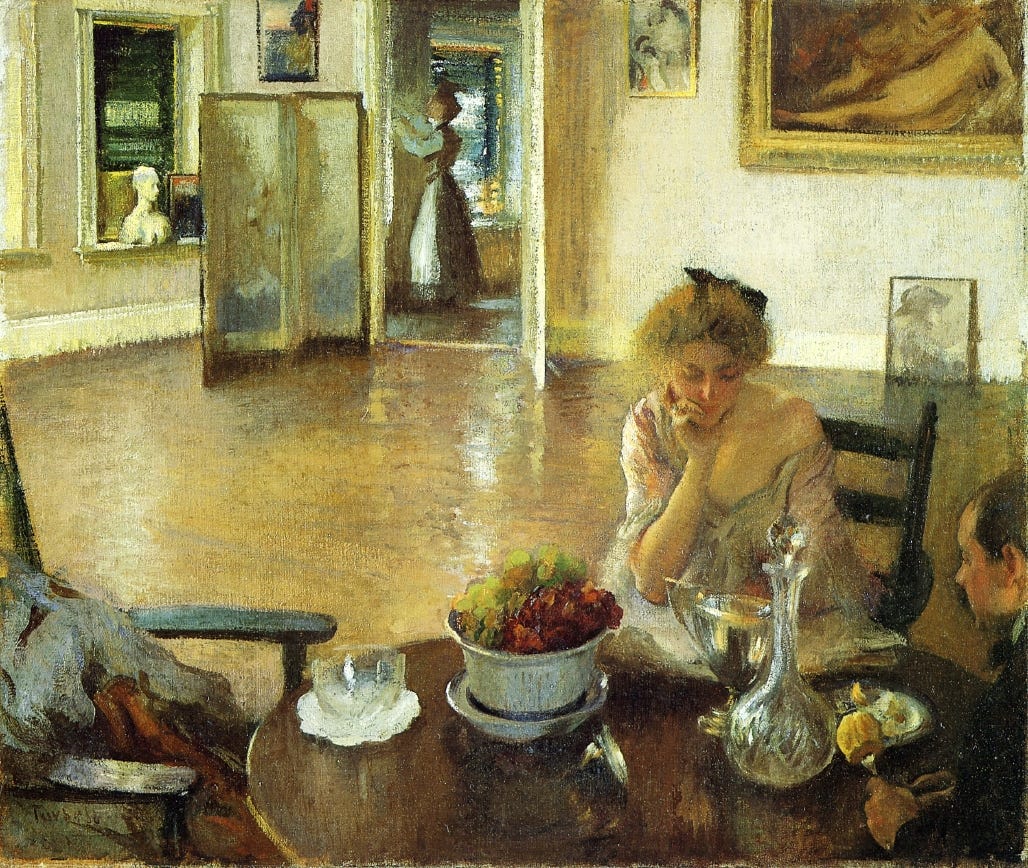
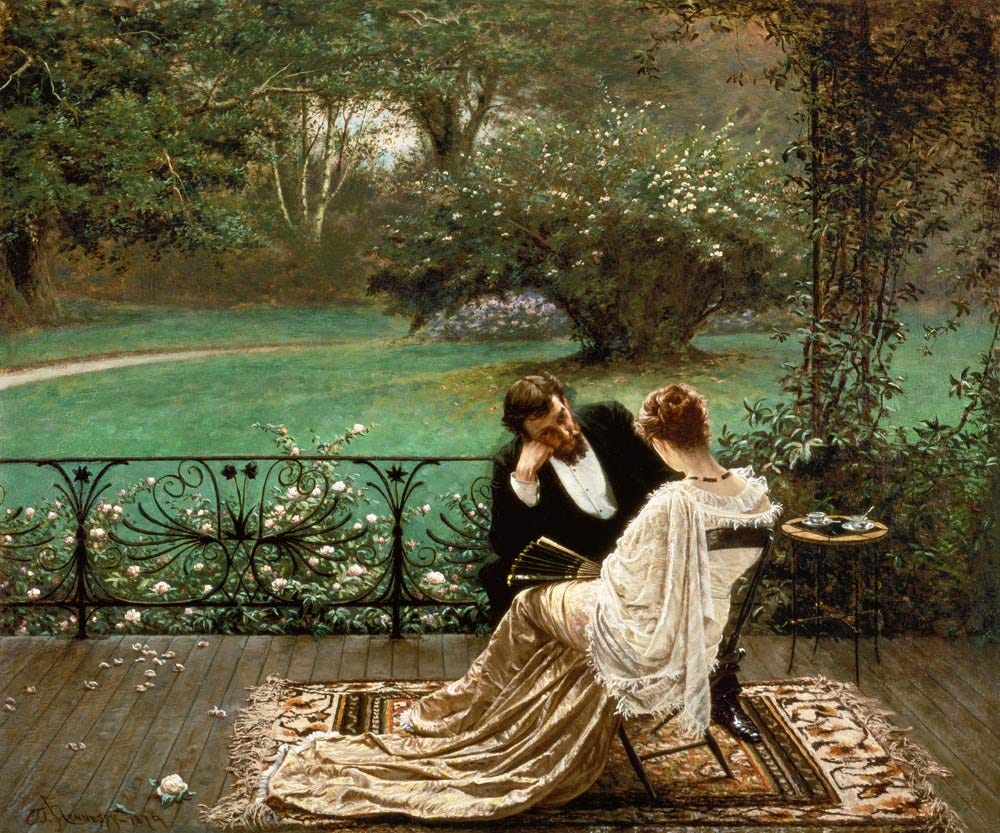
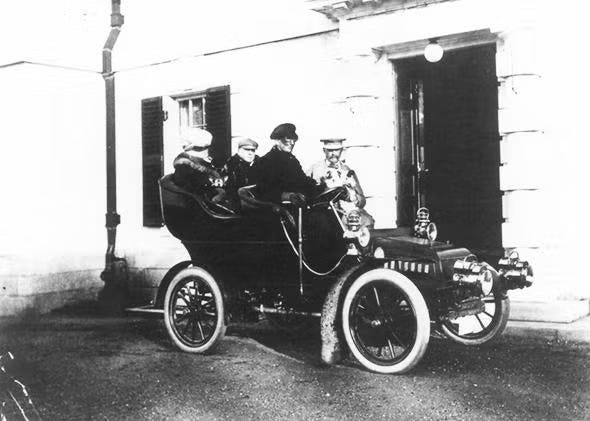
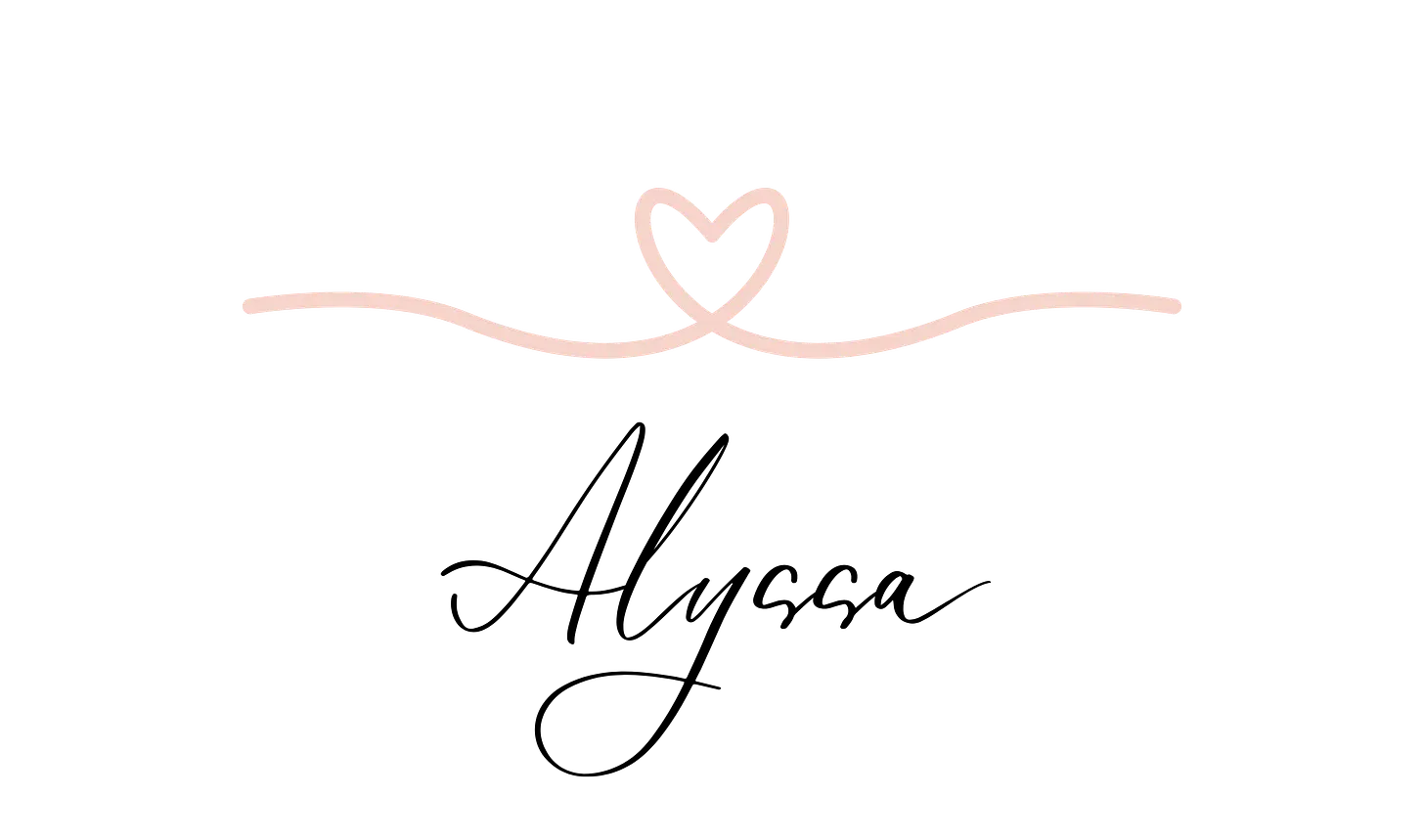
After reading your typically thoughtful and comprehensive summary of the last section of “The Reef”, I realized that I didn’t understand the novel’s plot as well as I thought I did, so I’m in the process of re-reading Book Five. In the meantime, there’s one comment in your summary that I’m inclined to quibble with. In the first paragraph following the first long excerpt from the novel, you describe George as having had “a passionate affair” with Sophy Viner. It seems to me that any passion ensuing from George and Sophy’s time together in Paris was solely on the young woman’s part. The next time George meets up with Sophy at Givré, three months have passed—I think—and George realizes he’s barely given Sophy a thought since he left her in Paris. Towards the end of the novel, Sophy goes to see Anna in Paris to explain what happened between her and George. I think Sophy is stating the truth when she tells Anna that she could tell George wasn’t in love with her and was always preoccupied with someone else for the few days they were together in Paris.
The main reason I wanted to re-read Book Five was because I totally missed the part of the story where it is suggested that Anna and George have a night of passion just at the end of Chapter 36. And the main reason I missed this particular episode was because I totally wasn’t expecting it. Anna is described as being so mistrustful of George and hesitant about having any sort of future with him that the idea that she might end up in bed with him seemed entirely out of the question to me. Perhaps another reason I didn’t clue in was because of the way Anna’s behaviour is described. We are shown her leaning away from George, then “closing her eyes for an instant, and then slowly opening them to the flood of light in his.”
“Flood of light”? I suppose it’s possible, but it doesn’t suggest anything passionate to me; rather, I thought of something creepy, like an intense, blank, pupil-less, zombie stare. Of course, because of the time in which she was writing, Edith Wharton would have had to be careful how she expressed herself if she wanted to let her readers understand what George and Anna were up to without saying so in so many words and incurring the wrath of the critics. Her readers in the nineteen-teens might well have picked up on what her intended meaning was better than I did.
Still, I find it difficult to think of Anna going to bed with George, and perhaps that’s why Wharton was so subtle in how she described the end of Chapter 36, so as to leave the door open to a more chaste interpretation of what goes on after Anna is blinded by the “flood of light” from George’s eyes. After all, this is the same woman who recoiled at the idea of going to the same restaurant or theatre in Paris where George and Sophy enjoyed themselves together, but we’re expected to believe she’d be willing to occupy the same place in bed last made warm by Sophy Viner lying next to George only a few months before?
If she did, you might expect to read of Anna’s feelings about having slept with George afterwards. Perhaps it altered her opinion about him as a potential husband. But nothing like that sort of thinking ever comes up in the novel. Anna seems so conventional in her morals—as she herself recognizes—that the idea of going to bed with George before marriage, even if he’d never met Sophy, just seems really implausible to me, even though Wharton hints that’s exactly what happened. Perhaps she intended to be ambiguous and offer her readers a “Choose Your Own Adventure!” type of plot.
Nevertheless, I did come across one other place in the novel that could be interpreted as George and Anna sharing a pinch of snuff together. It comes just at the beginning of Chapter 33 when Anna is alone on the train heading back to Givré. She then thinks of the evening before when both Owen and George had shown up at her apartment in Paris. When Owen left, she and George were left alone. Then this happens:
“He came nearer, and looked at her, and she went to him. [She went to him—that’s significant; it shows receptivity to George’s advance.] All her fears seemed to fall from her as he held her. It was a different feeling from any she had known before; confused and turbid, as if secret shames and rancours stirred in it, yet richer, deeper, more enslaving. [Are these the memories of Anna’s sexual encounters with her first husband Fraser? Maybe, yet it’s “a different feeling from any she had known before”. Is her body telling her that this time it’s the real thing?] She leaned her head back and shut her eyes beneath his kisses [not opening her eyes to see the “flood of light” from George’s]. She knew now that she could never give him up.”
Then we have an immediate cut back to the present with Anna alone on the train to Givré. I could easily accept the above episode as indicating a willingness on Anna’s part to surrender herself to George. But as I said, if that indeed is what happens, it seems to have remarkably little affect upon Anna. It’s almost as if she doesn’t feel any more passionate about George than George felt about Sophy, yet we know how doggedly Anna fights with her own doubts to salvage her chance of marriage with George. So I’m a little confused by Wharton’s characters, just as I might be by real-life human beings.